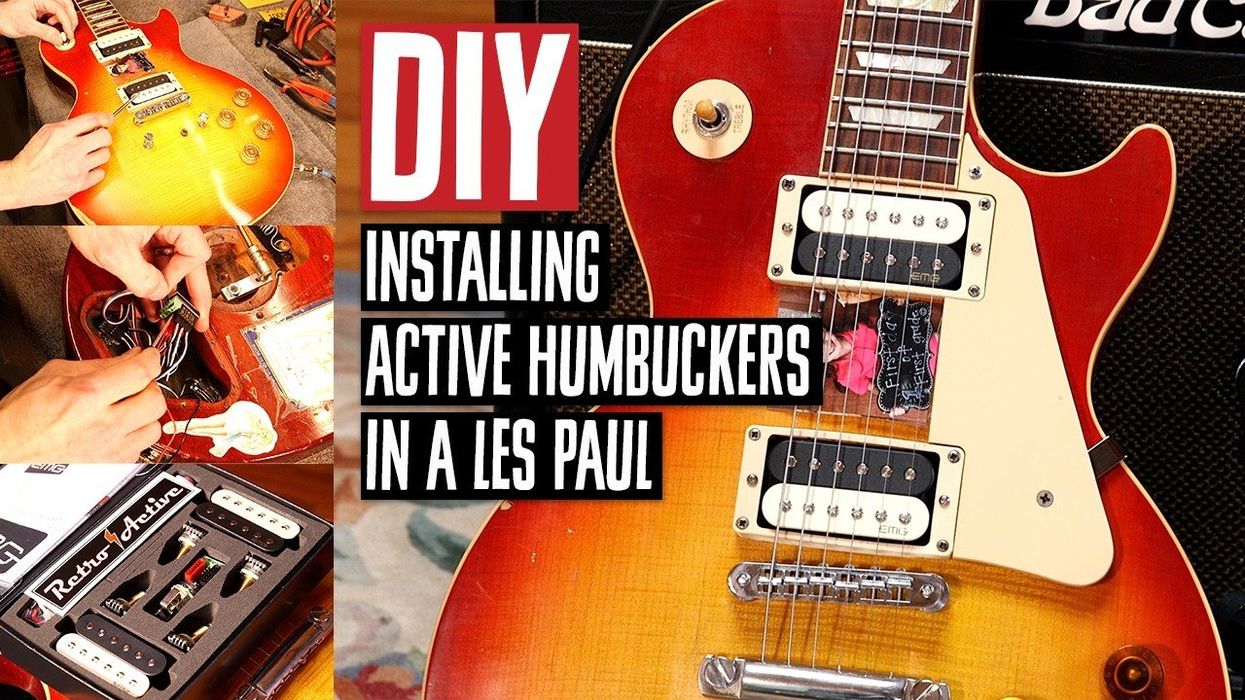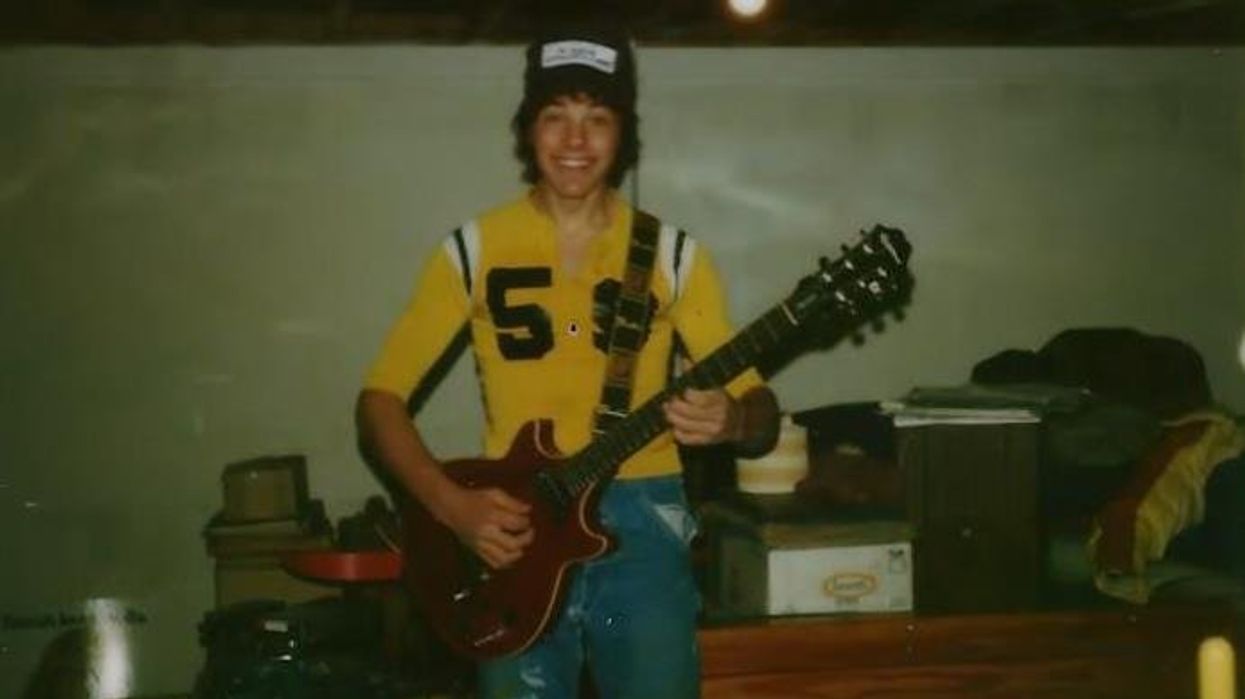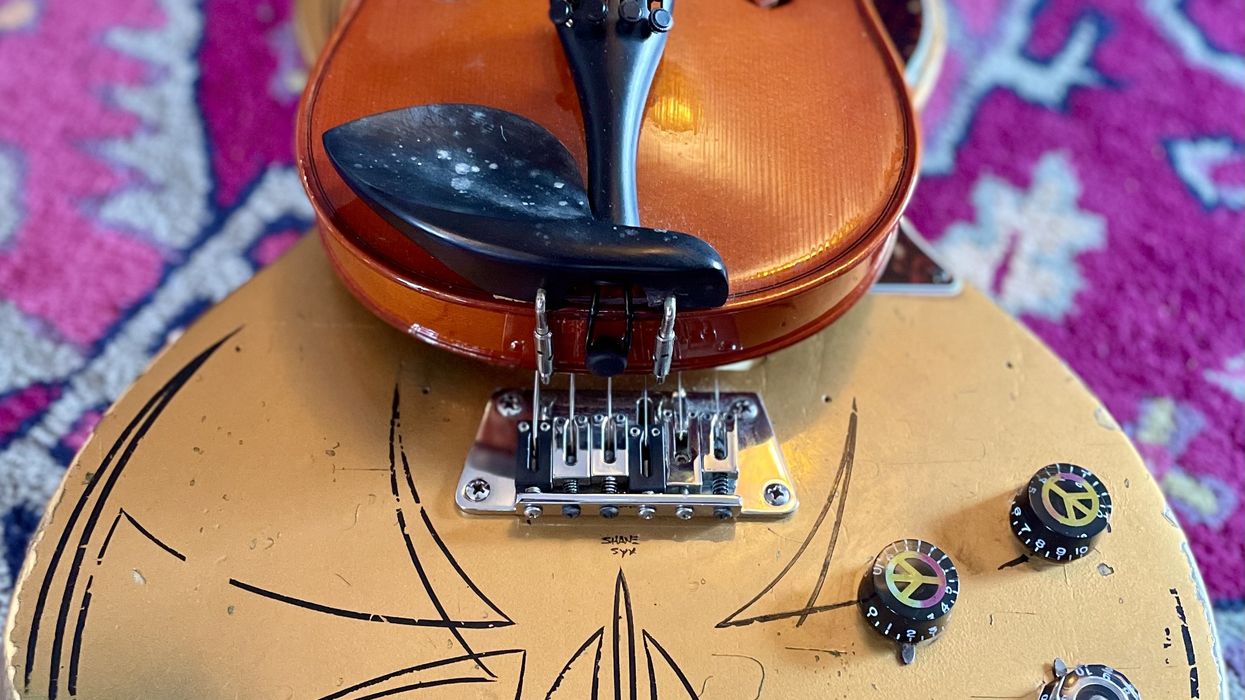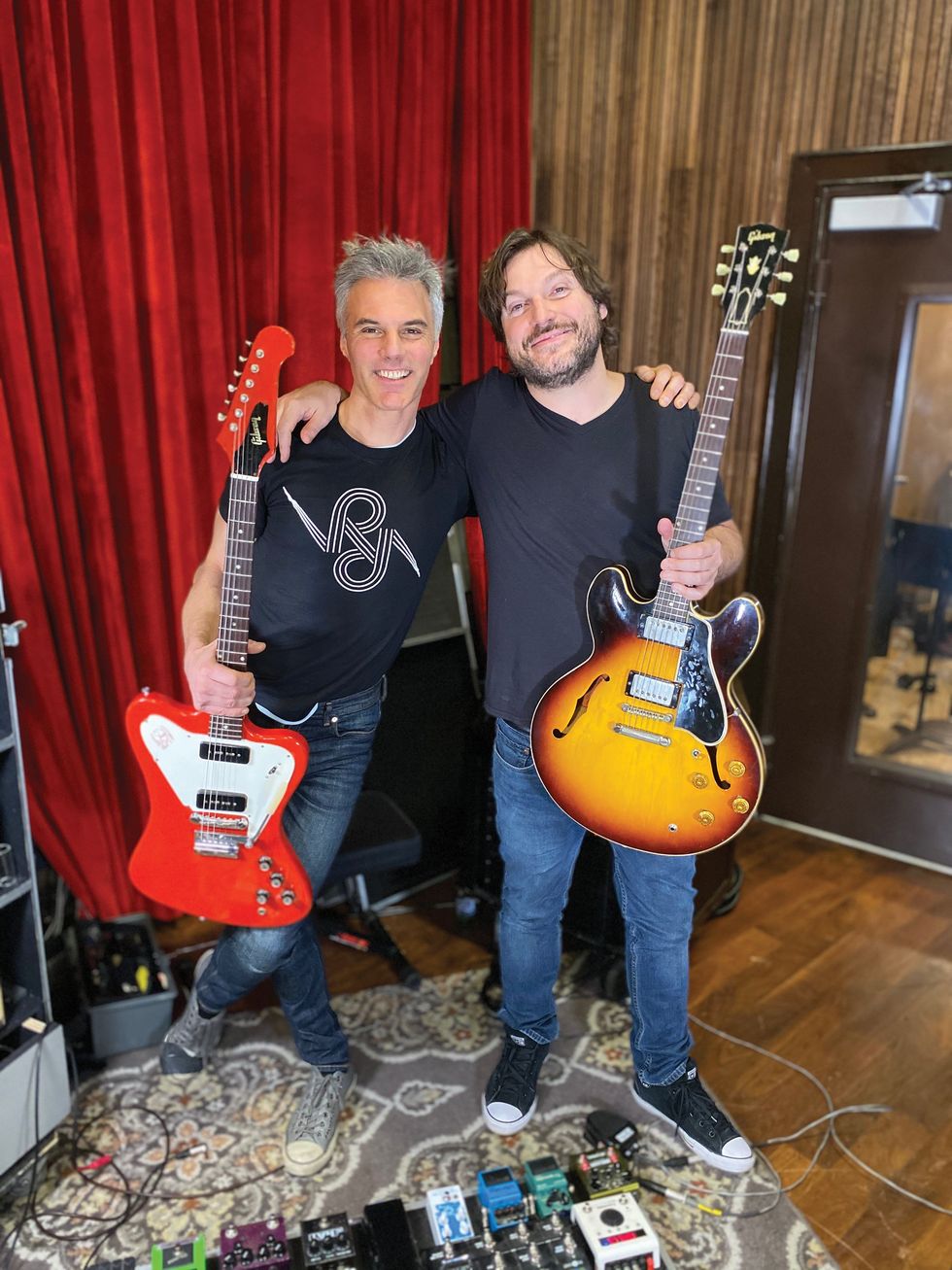Recently, artist Laura Bennett sent back this early Cannonball she had painted back in 2011, for me to modify. Inside was an early manual card I’d forgotten all about writing. When I saw it, I marveled at the youthful naivete and fearlessness of my teammates and I. What the hell was I thinking, writing this kind of nonsense about a power supply? Why didn’t my friends stop me? What person who’s remotely serious about his or her business allows this as a company’s first verbal contact with a customer?
“Do not attempt to run the Cannonball at 18VDC or use AC power. Do attempt to write songs about wanting people who don’t want you; living too fast and wishing it was faster; slaying dragons and saving princesses (or princes); using motorcycles, guns, booze, or other outlaw symbols; raw deals with immortals who don’t hold up their end of the bargain; dirty topics with halfway clever innuendos or double-entendres; believing in something; rumbles, revenge, or regaining respect; how now is the time for your generation, or partying.”
To this day, I laugh a lot about my time in the music business. On the plus side, I had the pleasure of getting paid to play original music and to see much of America through the window of an Econoline. That’s a pretty good line, you think? After giving up on my first round of dreams, I used it for job and grad-school interviews. It sounded more romantic than the reality of multiple retail and barista shifts funding my musician habit.
There once was a fever dream of major-label success, replete with multiple financed opportunities to craft commercially viable, radio-friendly corporate hard rock. We just had to look, dress, and sound good, write something that people like, and everyone would get to know you for that song that’s always on the radio. It sounds so simple in hindsight. And to be fair, there were plenty of things I did over the years onstage or in the studio that deserved criticism and correction. Except for Angus Young or drummers, shorts onstage are always unacceptable. Wearing your guitar lower both looks cooler and discourages certain fretboard acrobatics that may not be very interesting for the audience or best for the music. And it took way too long for me to realize that I was in show business, and how much of what we like about an artist comes from their aesthetics and visual appeal.
But throughout that process, I genuinely struggled with this feeling that, for our line of work, my personality and ideas were to be buried, something to be ashamed of. That they were too awkward, strange, nerdy, “dork-funny,” unsuited to projecting the anodyne dude that could look seriously into the camera for band photos and was taken seriously about succeeding in music. I always imagined an idealized cooler, distant, skinnier, more conventionally handsome, sharper kind of person who would’ve been better at it, and anything I might do or say risked revealing that I wasn’t him. So for a while, I could feel myself retreat into a “shut up and play” mindset, and, with the notes and sounds I would create, I’d hope that the audience might imagine someone more to their liking.
Years later I went back to school, finally studied hard, and unfortunately graduated during an economic collapse as a 36-year-old with holes in my resume. After spending about 2,500 hours researching job opportunities and crafting hundreds of cover letters and resumes to end up empty handed, I put a second set of plans to rest.
From those failures, my only takeaway was that if we failed at what we tried next, we should fail sincerely. We would fail or succeed after giving our own ideas their best shot and creating what we genuinely wanted to create, as opposed to failing at making ourselves or our work match some other gatekeeper’s idea of acceptable. If we were to fail, I would only blame myself: no record label execs who didn’t quite “get” us, no CEO cutting workforce to hit an earnings target and improve stock-market-based “compensation”—just me, my teammates, and collaborators making things that may or may not catch on for people, and figuring out what we do next. So we made 40 distortion pedals just to see what might happen, and away we went.
So, for that guy writing that silly manual card in 2011, I want to go back in time, give him a hug, tell him it’s going to be okay, and thank him for not letting the failures get him down and prevent us from going on this adventure. It might not be arenas or the corner office, but the work we get to do, making things we want to make, and for an audience that appreciates it, is an incredible reward for people willing to be themselves and embrace the outcomes. Now, let’s all go write our silly songs that we’ve really always wanted to make. You’ve slayed the dragon and saved the royal heirs. How dare the Gods stiff you now?



















